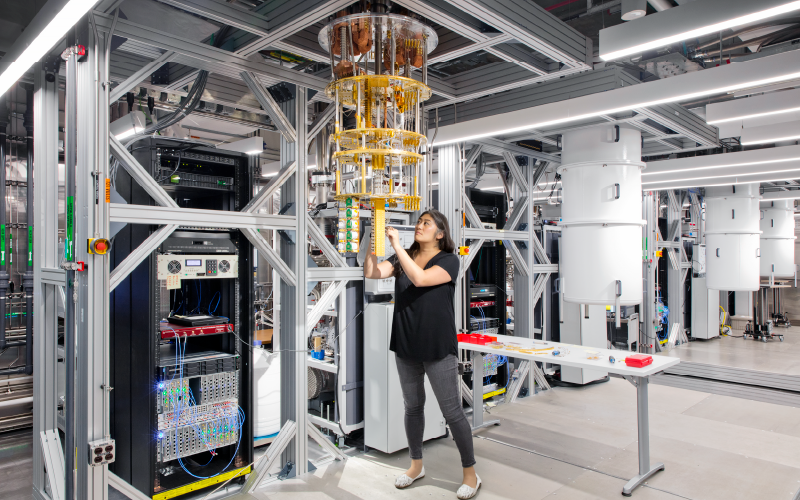
Quantum computing: is quantum mechanics the next computing superpower?
Stranger things: discover quantum computers, which are based on a new approach to computing powered by the strange behaviour of subatomic particles.

Article of the week
What would the world look like if we could see infrared light? With some simple modifications, you can turn a cheap webcam into an infrared camera and find out!
Read more
Stranger things: discover quantum computers, which are based on a new approach to computing powered by the strange behaviour of subatomic particles.
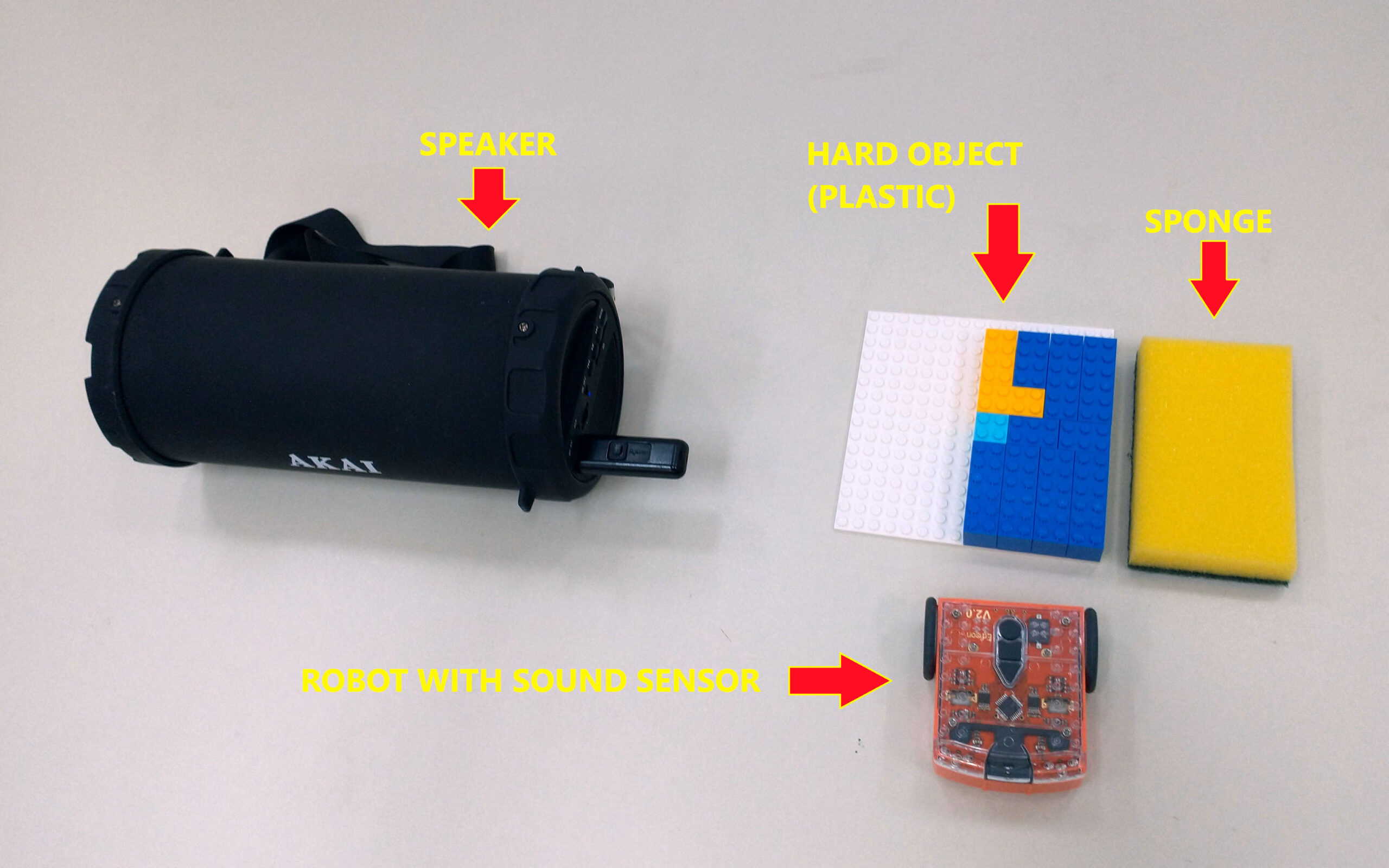
Sounds good: try some simple activities that use robots to explore the basic properties of sound waves – reflection, absorption, and propagation.
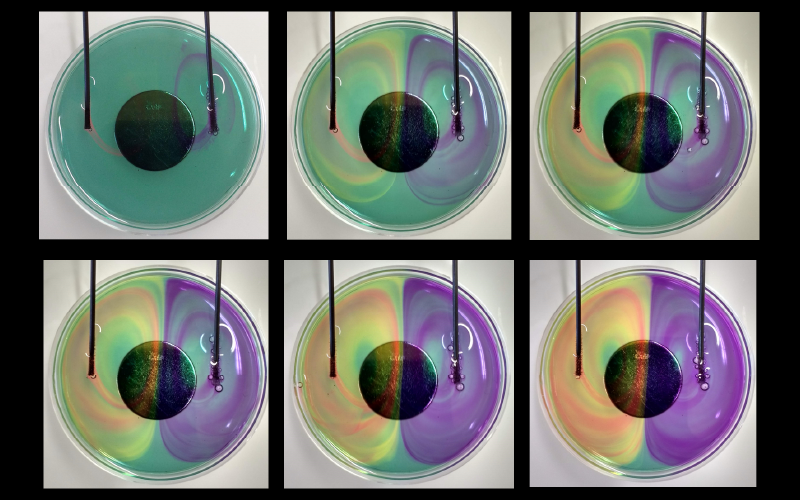
Chasing rainbows: the interaction of an electric current and magnetic field in a solution with pH indicator gives amazing colour patterns as electrolysis occurs.
We cover a wide range of scientific topics and many articles are additionally available as translations in different European languages.

Explore cutting-edge science and real-world applications.

Discover projects, people, and resources.

Find ideas and teaching materials for classroom activities.
Articles from previous issues
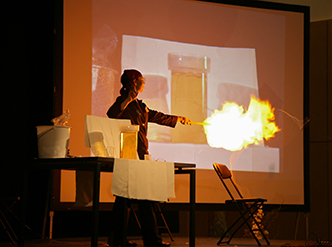
Science recognises no national borders – and neither does Science on Stage, the network for European science teachers. Eleanor Hayes attended the…

Act now for the Sustainable Development Goals: explore resources developed by European teachers bring the science of sustainability into the classroom.

When your doctor prescribes you a tablet and you get better, was it really the drug or could it have been the colour of the tablet? Andrew Brown…
Discover free events and activities offered by the EIROforum members and other non-profit groups.
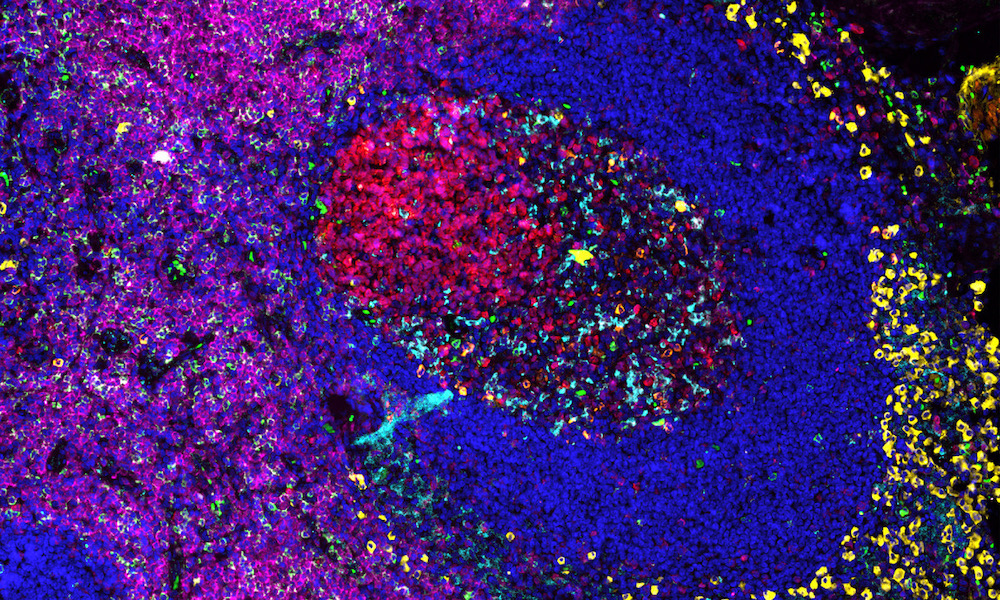
EMBL invites teachers to join this free virtual course for an overview of cell biology and omics, and inspiration for teaching the topic in the classroom. It runs from 29 Sept to 12 Oct 2025 and offers a mix of live sessions and self-paced materials
Do you have an engaging classroom activity to share with other teachers? Is there an interesting scientific topic that you could explain to STEM teachers and their students? We welcome submissions from teachers and scientists.
Would you like to help ensure that our content is interesting, inspiring and useful to STEM teachers? Consider joining the Science in School teacher reviewer panel. There is no obligation; just send us an email to express your interest.
If you find an article interesting or useful, perhaps you'd consider translating it into your native language? This really helps to increase the reach of our content so that as many teachers as possible can benefit from it.